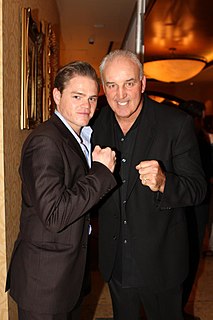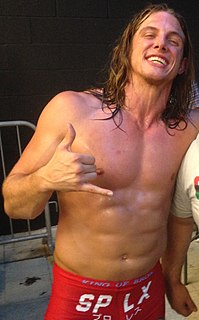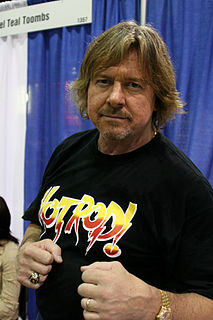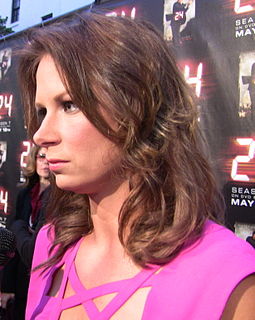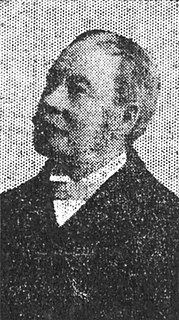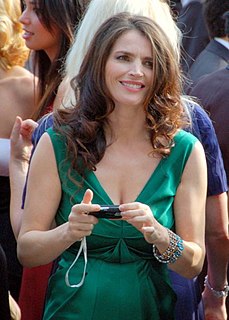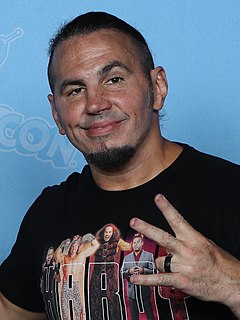A Quote by Bret Hart
I think it's hard to differentiate between your wrestling character and your real character - you kind of end up being both. I've always been my wrestling character in and out of the ring and in and out of the dressing room, and I was always really respected in the dressing room by the other wrestlers.
Related Quotes
Never open your story with a character thinking, I advise my students. As a further precaution, don’t put a character in a room alone – create a friend, a bystander, a genie, for God’s sake, any sentient creature with whom your main character can converse, perhaps argue or, better yet, engage in some action. If a person is out and doing, it’s more likely that something interesting might happen to her or him. Shut up in a room with only his thoughts for company well, that way lies fictional disaster.
Reputation is seeming; character is being. Reputation is manufactured; character is grown. Reputation is your photograph; There is a vast difference between character and reputation. Reputation is what men think we are; character is what God knows us to be. Reputation is seeming; character is being. Reputation is the breath of men; character is the inbreathing of the eternal God. One may for a time have a good reputation and a bad character, or the reverse ; but not for long.
Working in television it's really great to be able to stick with a character for a long period of time. It's not like you have one shot, and that's it. You have more time, more room, an ability to reflect on your performance and the character and how much has really been shown, and what you'd like to see. It's nice. You have more breathing room.
Whatever character you play, whatever film it is, whatever story it is, for me, in my training it's always something that gives you a layered character, it's understanding the secret of that character, and so whatever comes up as "Oh, I thought that person was that," you are always carrying that within you. So actually what you're playing all the way through is both and it's just what comes out in the scene or the circumstance.

